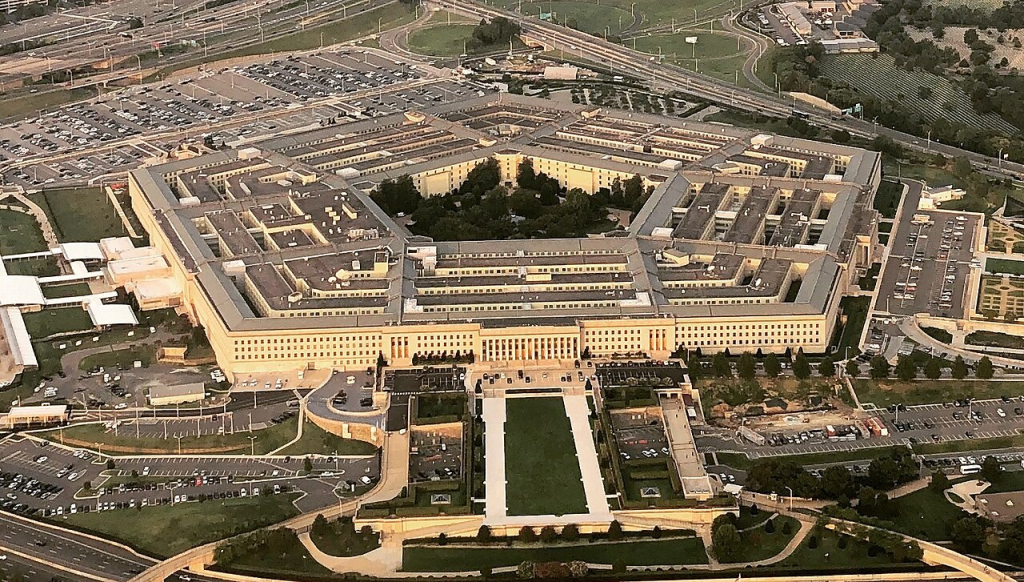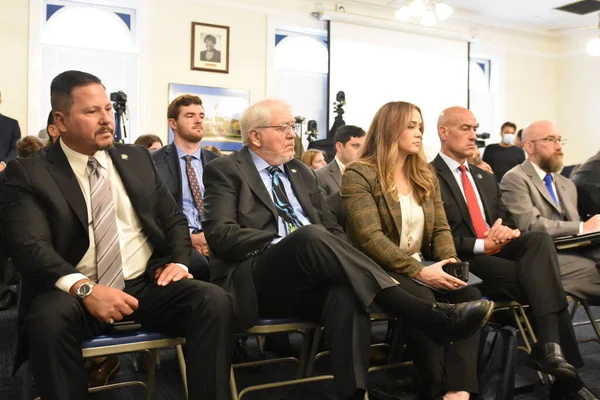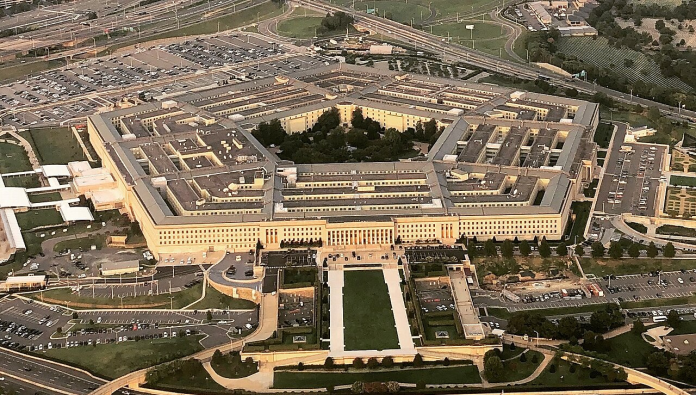
Was one of America’s most confidential military networks secretly vulnerable to outside cyber attacks for almost a decade? That is the question now behind a broad Pentagon review of Microsoft’s decade-long “digital escort” initiative, which permitted engineers located in China to maintain Department of Defence cloud systems under American oversight.

The program, poorly understood even among defence circles, was revealed after ProPublica reported that many of the U.S.-based escorts lacked the technical expertise to detect malicious activity. Defence Secretary Pete Hegseth has since severed ties with Chinese contractors, ordered a third-party examination, and launched a parallel in-house investigation. The stakes are high: the systems in question handle some of the Pentagon’s most sensitive unclassified information, exposure of which could have grave national security implications.
This listicle looks at the most significant aspects of the scandal from the inception of the escort model to the geopolitical danger it posed and the decisive action now underway to close what experts call a glaring security hole.

1. The Pentagon Instant Shutdown
The announcement of Defence Secretary Pete Hegseth was clear: “The use of Chinese nationals to service Department of Defence cloud environments is over.” Not only has the Pentagon shut down the program, but it has also issued a formal letter of concern to Microsoft, labelling the arrangement as a “breach of trust.”
The directive followed reports that China-based engineers were providing technical support to DoD cloud networks via U.S. “digital escorts.” Hegseth noted that all defence contractors are now expected to identify and shut down any Chinese involvement in Pentagon cloud capabilities. The directive is applied across the department’s far-reaching chain of vendors, meaning a broader policy shift away from foreign access controls.

2. Origins of the Digital Escort Model
The escort system was a circumvention of DoD regulations mandating that sensitive data be handled by U.S. citizens or permanent residents. Microsoft created the model in response to federal contracting needs, insiders say, without substituting its worldwide workers. U.S. security-clearance-holding escorts would execute commands for foreign engineers, in theory keeping foreign engineers’ hands away from sensitive systems.
But as acknowledged by ex-Microsoft program manager Indy Crowley, the approach was “the path of least resistance” a cost-expertise-compliance trade-off. Critics argue the trade-off tipped too heavily toward convenience for business corporations, leaving a security blind spot that took nearly a decade to be addressed.

3. A Skills Gap with National Security Implications
ProPublica’s investigation revealed that several escorts were veterans with little experience as coders, who at times could only earn $18 an hour. They typically got instructions from much more technically skilled engineers remotely, even in China, and had minimal ability to know if the code they typed was safe.
Matthew Erickson, a previous Microsoft engineer, warned that if an adversarial script were presented as a typical fix, escorts “would have no idea.” This knowledge gap led even cleared escorts not to be able to identify advanced cyber threats consistently, a loophole that experts cite would have allowed adversaries to inject vulnerabilities undetected.

4. China’s Widespread Cyber Influence
China has been described by the Office of the Director of National Intelligence as the “most active and persistent cyber threat” to the U.S. government and critical infrastructure. Under Chinese law, officials have sweeping powers to compel access to information, meaning that any technical role based in China within U.S. defence systems would be inherently dangerous.
As Yale Law School’s Jeremy Daum put it, it would be “hard for any Chinese citizen or firm to effectively resist a direct request from security forces.” The legal background in this context, combined with the 2023 hack that saw 60,000 State Department emails stolen by Chinese hackers, accounts for the fact that experts like former CIA and NSA executive Harry Coker view the escort program as a “natural opportunity for spies.

5. Microsoft’s Response and Policy Changes
Three days after the public release of the investigation, Microsoft announced that it had halted using Chinese-based engineers to support DoD cloud services. “We are dedicated to providing the most secure possible services to the US government,” a spokesman said, noting that the company would collaborate with national security stakeholders to reorient protocols.
The firm has rightly argued the escort model as being in compliance with U.S. government regulations and referred to controls such as audit logs and its own internal “Lockbox” review process. However, it has not clarified why multiple warnings by internal cybersecurity leaders about the model’s built-in vulnerabilities were not heeded.

6. Congressional and Oversight Pressure
The story has prompted calls for accountability on Capitol Hill. Senator Tom Cotton demanded a thorough report on contractors who hired China-based personnel, the subcontractors that offered escorts, and their training. His letter to Hegseth noted while technically the escort system was in compliance with clearance guidelines, it did nothing to ensure the technical competence necessary to detect malicious activity.
Managing bodies, too, have been drawn in. The Defence Information Systems Agency’s inspector general initially rejected a complaint against the program, forwarding it to management, a move that has raised an eyebrow over whether internal watchdogs fully appreciated the security implications.

7. Implications for Federal Cloud Security
The Pentagon’s action may reverberate far beyond Microsoft. The escort model has been employed to support other federal agencies, such as Justice, Treasury, and Commerce, reports say. Experts warn that any system that provides foreign-based engineers indirect access to sensitive infrastructure poses systemic vulnerabilities.
Hegseth vowed to work “with our partners throughout the rest of the federal government to ensure all U.S. networks are protected.” The findings of the Pentagon audit and investigation could set new benchmarks for vetting technical personnel in federal cloud contracts, potentially changing how the government balances cost, expertise, and security in the era of technology.

The Pentagon’s shutdown of the digital escort program represents a final turn away from a decade-long practice that married compliance with convenience and, in the process, potentially left a crucial flank vulnerable. As the investigation continues, it will challenge whether U.S. defence and tech leaders can bridge the gap between official security standards and the technical truth of protecting national defence systems from the world’s best cyber threats.


